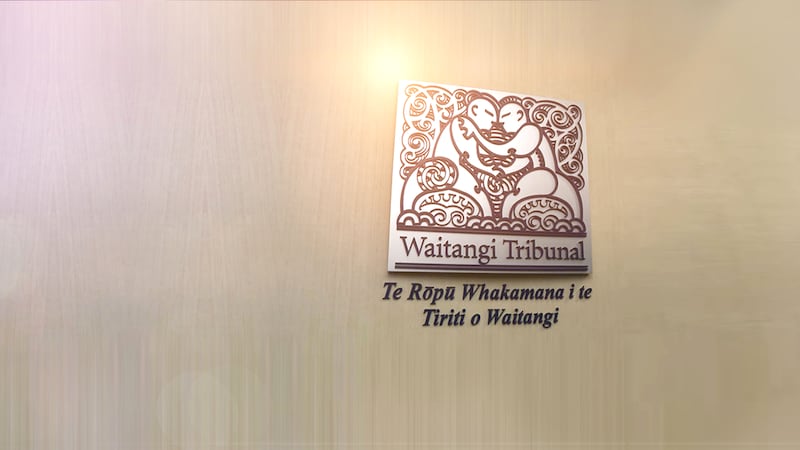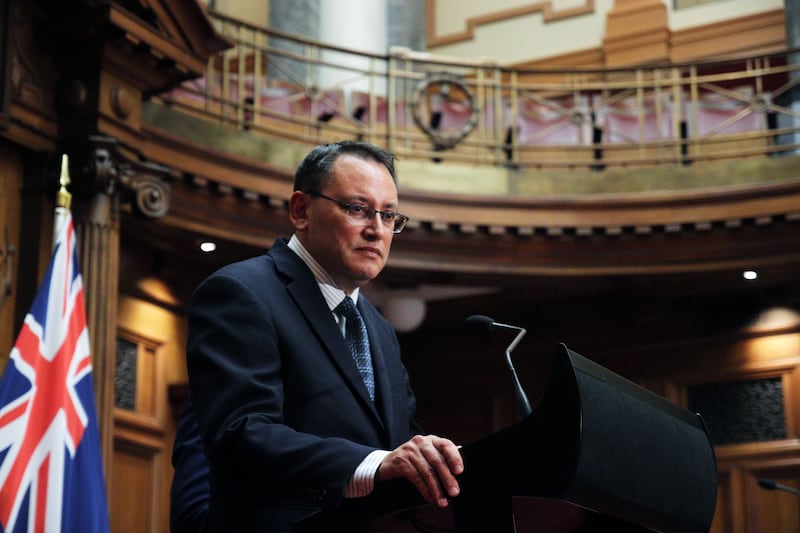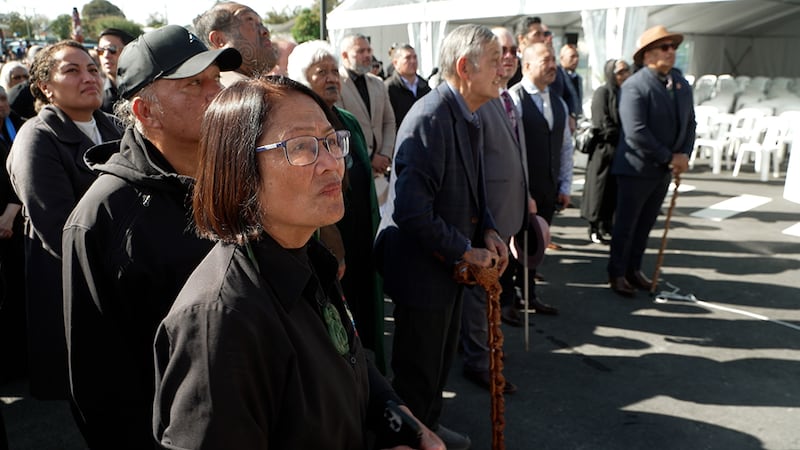The Waitangi Tribunal says the government’s quick disestablishment of Te Aka Whai Ora (Māori Health Authority) breached Treaty of Waitangi principles.
The tribunal today released the first part of its report on the disestablishment.
It found that the move breached Treaty principles, including tino rangatiratanga, good government, partnership (including the duties of consultation, and acting reasonably and in good faith), active protection and redress.
Within the first few months of winning power, Health Minister Dr Shane Reti swiftly introduced the Pae Ora (Disestablishment of Māori Health Authority) Amendment Bill on February 27. The bill also removed the tribunal’s jurisdiction to hear the claims and was passed under urgency on March 5.
Once the tribunal jurisdiction was restored, it inquired into claims from Māori about the disestablishment process and its impact.
In its findings, it concluded there were many ways the Crown was prejudiced against Māori in several ways:
- “Māori have not been given the opportunity to engage as Tiriti/Treaty partners in the decision to disestablish Te Aka Whai Ora – the decision was made unilaterally by the Crown, without any Māori input.
- The Crown failed to conduct a robust policy process and did not follow its own regulatory impact analysis guidelines for developing robust policy when making the decision to disestablish Te Aka Whai Ora
- Te Aka Whai Ora – a well-researched initiative that was co-designed with Māori, and, widely supported by Māori – is no longer in place.
- Māori have not been informed of the Crown’s replacement for Te Aka Whai Ora, creating uncertainty in addressing longstanding and well-documented Māori health inequities.”
The tribunal gave three recommendations to the Crown:
- “Commit to revisiting the option of a stand-alone Māori health authority.
- Consult extensively with Māori in the development of any alternative plans.
- Always undertakes proper regulatory impact analysis in matters that affect Māori health.”
In a media statement, it said the government disestablishing the Māori Health Authority was a “departure from conventional and responsible policymaking in several concerning ways”.
“The Crown implemented its own agenda – one that was based on political ideology, rather than evidence, and one that fell well short of a Tiriti/Treaty consistent process. It did so without following its own process for the development and implementation of legislative reform.
“Te Aka Whai Ora was previously established by the Crown to provide redress for the long-standing failure by the Crown to reflect tino rangatiratanga in our health system. The Crown’s unilateral decision to remove Te Aka Whai Ora has effectively taken that redress away,” it said.
The report was addressed to six ministers: Health Minister Shane Reti, Māori Development and Māori Crown Relations Minister Tama Potaka, Attorney-General Judith Collins, Associate Health Ministers David Seymour, Casey Costello and Matt Doocey.
Presiding officer Judge Damian Stone in a letter to the ministers at the beginning of the report said: “We are conscious that the Crown has indicated it intends to announce its alternative plans for hauora Māori in December 2024.”
“Our recommendations are aimed at assisting the Crown in that endeavour.”

The plans Stone refers to involve a commitment to update the Hauora Māori strategy.
Reti’s office told Te Ao Māori News this was initially scheduled for cabinet consideration in December 2024 but had been delayed to early 2025.
The delay was to “allow time to better incorporate the views and insights gathered during stakeholder engagement,” which included feedback from iwi Māori partnership boards, the Hauora Māori Advisory Committee, hauora Māori providers, and other stakeholders.
Reti’s response
In response to the criticism from the Waitangi Tribunal, Reti said improving Māori health was his priority but acknowledged the report and the open letter.
“I will now take time to give the report my full consideration. I acknowledge the time that has gone into this report and will receive advice from my officials on next steps.
“I accept that the Māori Health Authority was established with the best of intentions. I have been very clear about my plan, which is to build on those aspirations and deliver a solution that works for Māori.
“Disestablishing the Māori Health Authority does not mean turning our back on our aspirations for Māori health. It means using resources to strengthen and build key opportunities that will deliver better health outcomes for Māori,” he said in a statement.

He said his vision was to bring decision-making closer to communities by giving greater control to iwi Māori partnership boards.
“Also at a national level, the Hauora Māori Advisory Committee is an important independent Māori advisor to me, with a focus on overall system performance and providing insights to improve how the system improves Māori health outcomes.
“I look forward to the Crown being given the opportunity to provide evidence to support IMPBs.”
‘Driven by a political and racist agenda.’
Lady Tureiti Moxon and Janice Kuka were the two leading claimants in the case brought forth to the tribunal.
In a statement, Moxon, the National Urban Māori Authority chair said the evidence “demonstrated very clearly that the process was driven by a political and racist agenda”.

“As we said in our hauora report, ‘tino rangatiratanga means nothing less than Māori having decision-making power over their affairs, including hauora Māori’. Because the Crown made the decision to disestablish Te Aka Whai Ora without consulting Māori, and in the face of significant objection from Māori, it did not recognise and respect tino rangatiratanga. We find this was a breach of the principle of tino rangatiratanga.
“The Crown should be ashamed of itself because of the damage that has now been done to Crown Māori relationships."
Kuka, the managing director of Ngā Mātāpuna Oranga, said the tribunal’s two questions succinctly highlighted how the Crown breached all Treaty articles, good governance, and decency towards its own people.
“National wasn’t even in a coalition when Te Aka Whai Ora was established. On the very day it came into being, Dr Shane Reti, speaking from opposition, said they would dismantle it. National drove this agenda from the outset, signalling its intent to undo this critical step towards equitable healthcare for our people even before they had the reins of government.”
“The Crown was in breach from the very beginning and the worst of it is, is that it continues to push through legislation that has a huge impact on Māori, despite Māori wanting Te Aka Whai Ora to remain,” she said.


